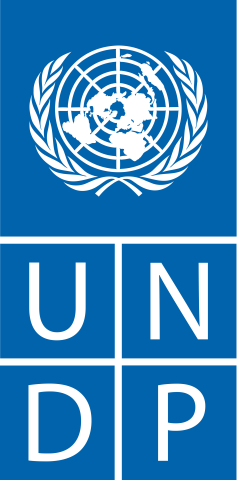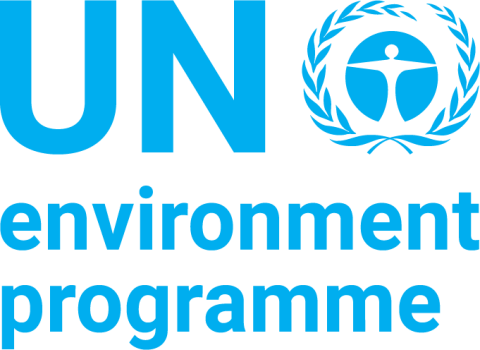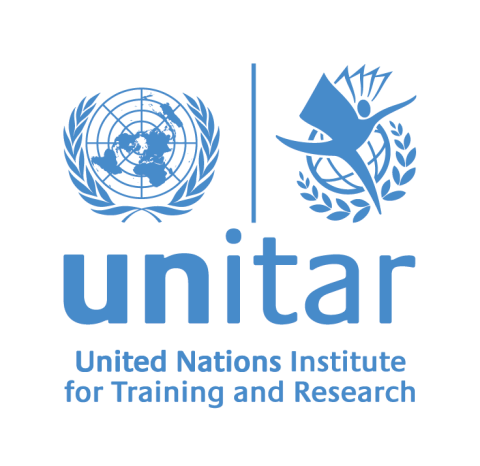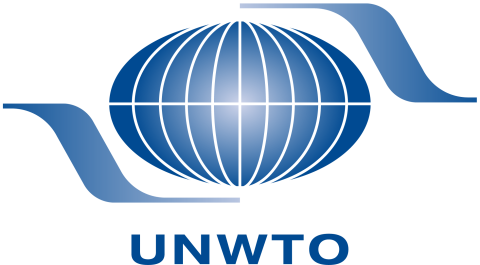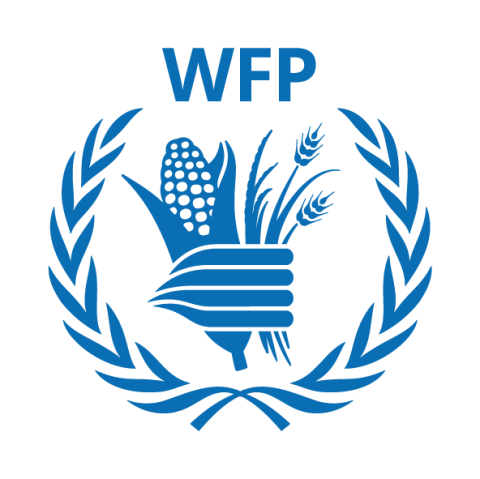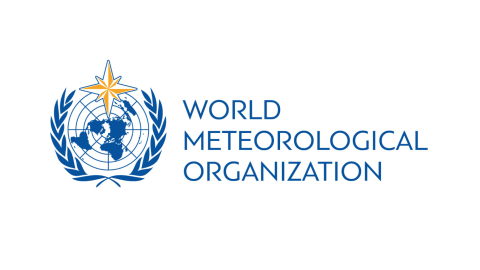
面包屑
- 此页面是使用机器翻译翻译的。 阅读全文.
你可知道...
2030 年的环境目标在17 个可持续发展目标中的几个中进行了定义:
- 目标 13 :应对气候变化
- 目标 14 :保护海洋和海洋资源
- 目标 15 ,保护和恢复陆地生态系统
- 目标 7 :确保人人都能获得负担得起的、可靠的清洁能源和安全的水源
- 目标12 ,养成更加可持续的生产和消费习惯和规范。
2023 年……
对于环境而言,这是充满希望的一年,各国就几个关键点达成了协议:
减少污染
日内瓦签署了一系列国际环境协定,即《巴塞尔公约》、《鹿特丹公约》和《斯德哥尔摩公约》,它们分别处理危险废物、化学品和农药以及有机污染物。此外,《水俣公约》提请关注汞排放的威胁。它们的目标都是保护人类健康和环境免受危险残留物的侵害。
这些公约的秘书处安排与成员国举行会议,以跟踪进展情况并解决其领域的新发展。此外,它们还协助各国将其承诺转化为国家层面的行动。例如,秘书处工作人员可以提供技术支持和培训,帮助各国政府起草有关危险材料的新立法。
示例 1:根据《巴塞尔公约》处理塑料废物问题
《巴塞尔公约》是目前唯一涵盖塑料垃圾及其跨境运输的国际协议。在其框架下,成立了塑料垃圾伙伴关系,旨在联合政府、企业和民间社会减少塑料垃圾,并寻找回收现有垃圾的新方法。
巴塞尔公约秘书处牵头开展的一项试点项目旨在解决加纳的塑料渔网问题。这些渔网经常被主人遗弃,污染海洋、杀死鱼类,并威胁当地社区的生计。该项目邀请社区成员收集并归还塑料渔网,以换取少量报酬。这些渔网随后被回收制成纺织品或其他日常用品。

例 2:正在审查的危险美丽标准:《水俣公约》
《水俣公约》工作的一个例子是开展宣传活动,使用的口号包括:“真正的光彩来自内心,而非汞”或“光彩不在你的皮肤,光彩才是你自己”。
许多美白产品都含有汞,汞会导致焦虑和抑郁,损害皮肤、神经和免疫系统。联合国环境规划署和《水俣公约》旨在提高人们的认识,努力克服种族主义的审美标准,这种标准促使有色人种使用这些产品。在 2023 年 10 月举行的最近一次公约缔约方大会上也讨论了这一主题。
保护物种,恢复自然资源
联合国环境规划署赞助的多项多边环境协定涵盖了多项关于保护动植物物种和整个生态系统的公约。其中两项公约的秘书处设在日内瓦:
《濒危野生动植物种国际贸易公约》(CITES)负责监督濒危动植物种的国际贸易,以确保它们的生存。考虑到虎牙或象牙等珍稀动物产品以及植物、木材或药草的巨大价值,需要制定强有力的法律来遏制其贸易。在这方面,CITES 保护着 40,000 多种动植物物种。签署该公约的国家必须将其内容转化为国家法律,并限制天然产品的合法贸易,从而限制非法贸易。
《德黑兰公约》(关于保护里海及其海洋环境)是里海周边五个国家之间的一项区域性协议:阿塞拜疆、伊朗、哈萨克斯坦、俄罗斯联邦和土库曼斯坦。里海是世界上最大的湖泊,拥有许多只能在该地区发现的物种。《德黑兰公约》旨在保护这些物种及其栖息地,并防止海洋环境受到污染。
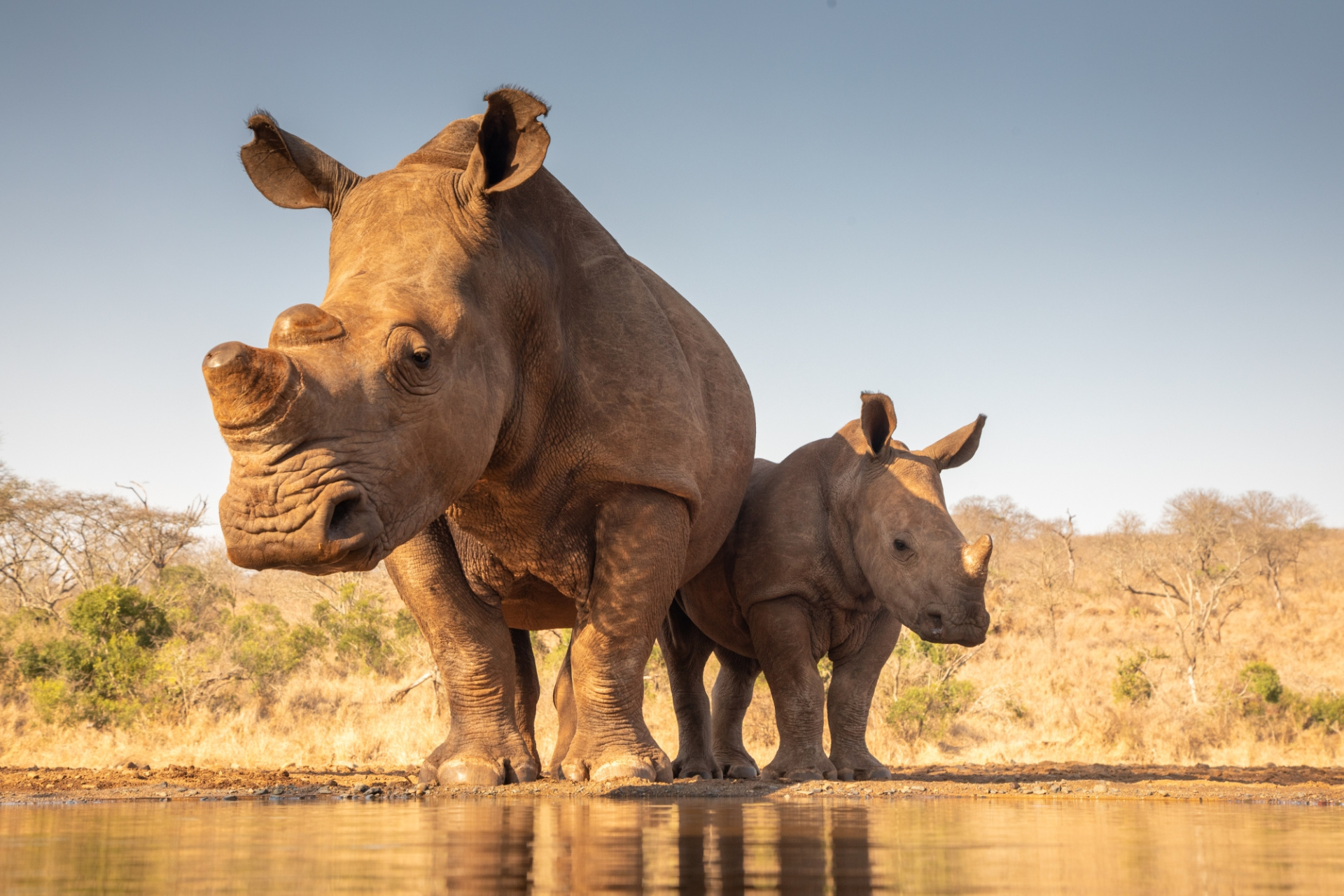
应对全球变暖的影响
全方位保护环境是联合国本十年及未来十年的主要使命之一。然而,保护受气候变化和环境恶化影响最严重的人们,并为他们提供自我保护的工具也是联合国的责任。与前二十年相比,与气候有关的灾害几乎增加了一倍。干旱、洪水、野火和其他灾害使人们陷入贫困,夺走了他们多年积累的房屋、田地和收成。 联合国减少灾害风险办公室 (UNDRR)帮助各国、城市和社区制定能够更好地抵御这些环境威胁的机制,例如通过开发在灾害发生前向民众发出警报的预警系统;通过在安全的地方建造房屋;或通过帮助各国政府制定和执行更好的建筑和施工规范,使房屋在发生灾害时不太可能倒塌。
研究与培训
总部位于日内瓦的世界气象组织 (WMO)通过众多观测站和广泛的气候研究,监测全球天气、气候、水和其他环境指标的发展。该办公室与国家和地方政府合作,指出温室气体排放过高或空气质量差等问题的根源。
政府间气候变化专门委员会 (IPCC) 是世界气象组织和联合国环境规划署的联合组织,为各国政府提供有关气候变化的科学信息。IPCC 专家分析现有研究并绘制未来情景,为各国政府调整气候政策提供依据。
联合国训练研究所(UNITAR)提供多种培训计划,重点关注保护和恢复环境,例如在维持和平特派团中,以及更广泛的可持续发展。
致力于保护环境的组织
联合国开发计划署是致力于结束贫困、不平等和气候变化的不公正现象的领先联合国组织。该机构与 170 个国家/地区的广泛专家和合作伙伴网络合作,帮助各国为人类和地球构建综合、持久的解决方案。
UNDP 日内瓦办事处是 UNDP 日内瓦和总部设在日内瓦的组织的平台,也是与法国和瑞士政府的主要联络点。自 2014 年 10 月以来,联合国开发计划署日内瓦办事处作为综合伙伴关系办公室,跨方案和代表职能开展工作。它确定、建立和发展开发署的机构能力,以加强广泛合作伙伴之间的战略伙伴关系,主要是与方案国和捐助国、联合国系统、非政府组织和民间社会组织、私营部门、政府间组织、国际金融机构、区域银行 [...]
联合国欧洲经济委员会 (UNECE) 由 ECOSOC 于 1947 年成立。它是联合国五个区域委员会之一。其主要目标是促进泛欧经济一体化。
联合国环境规划署 (UNEP) 是全球领先的环境权威机构,负责制定全球环境议程,促进联合国系统内可持续发展的环境层面的协调一致实施,并作为全球环境的权威倡导者。
环境署欧洲办事处设在日内瓦,为各国政府提供应对环境挑战的专业知识,开展一系列项目,提高认识并参与与利益相关者的对话。在该市,环境署还主持了旨在保护人类健康和环境免受危险化学品和废物侵害的巴塞尔公约、鹿特丹公约和斯德哥尔摩公约秘书处、处理与汞污染有关的人类行为的水俣公约秘书处以及濒危物种国际贸易公约秘书处。野生动植物种。环境署还主持了旨在保护里海及其海洋环境的德黑兰公约临时秘书处。
关联实体
联合国毒品和犯罪问题办公室 (UNODC) 的使命是让世界更加安全,远离毒品、有组织犯罪、腐败和恐怖主义。本组织致力于通过应对这些威胁并促进和平与可持续福祉来遏制这些威胁,从而实现人人享有健康、安全和正义。
毒品和犯罪问题办公室在日内瓦的联络官促进了毒品和犯罪问题办公室与世界卫生组织合作,努力制定全面、整体和综合的减少毒品需求的方法。


